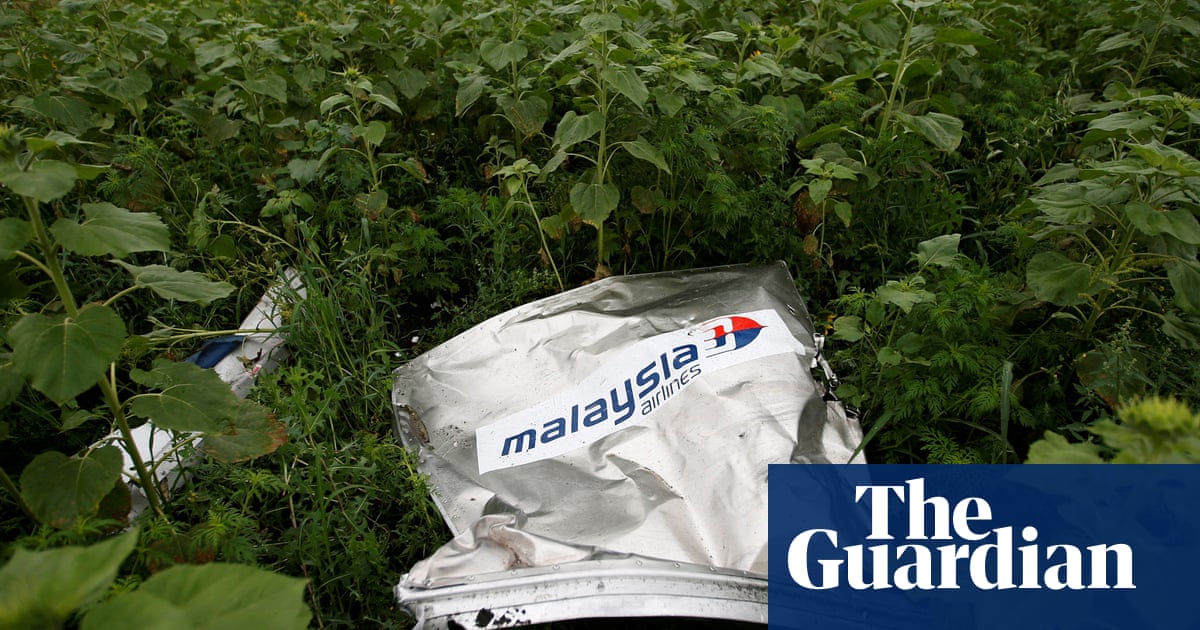The UN aviation council has ruled thatRussiawas responsible for the downing of a Malaysian airliner over Ukraine that killed all 298 passengers and crew, prompting calls for “reparations” for the families of victims.
FlightMH17 was travelling from Amsterdam to Kuala Lumpurwhen it was shot down by a Russian surface-to-air missile while flying over easternUkrainein 2014 as fighting raged between pro-Russian separatists and Ukrainian forces. Among thevictims were 196 Dutch citizens and 38 Australiancitizens or residents.
The governments of Australia and theNetherlandssaid the Council of the International Civil Aviation Organization (ICAO) would in the coming weeks consider what form of reparation was in order.
Australia’s foreign minister, Penny Wong, said her government welcomed the decision and urged the ICAO to move swiftly to determine remedies.
“We call upon Russia to finally face up to its responsibility for this horrific act of violence and make reparations for its egregious conduct, as required under international law,” Wong said in a statement.
The Netherlands and Australia want the ICAO Council to order Russia to enter into negotiations over reparations, the Dutch foreign minister said.
“The decision is an important step towards establishing the truth and achieving justice and accountability for all victims of Flight MH17, and their families and loved ones,” Caspar Veldkamp said in a statement.
“This decision also sends a clear message to the international community: states cannot violate international law with impunity.“
The ICAO, which is based in Montreal, did not immediately respond to a request for comment. The aviation body sets global aviation standards adopted by its 193-member nations but lacks regulatory power.
Australia and the Netherlands have been seeking compensation and an apology, however Russia, which has denied involvement despite the findings of an international investigation, unilaterally withdrew from negotiations with the two countries in October 2020. The case with the ICAO waslaunched in 2022 by Australia and the Netherlands.
In November 2022,Dutch judges convicted two Russian men and a Ukrainian manin absentia of murder for their role in the attack. Moscow called the ruling “scandalous” and said it would not extradite its citizens.
In 2023, a team of international investigators from the Netherlands, Australia, Malaysia, Belgium and Ukrainesaid there were “strong indications”that Russian president,Vladimir Putin, had personally signed off on a decision to supply the missile that downed flight MH17.
With Reuters
